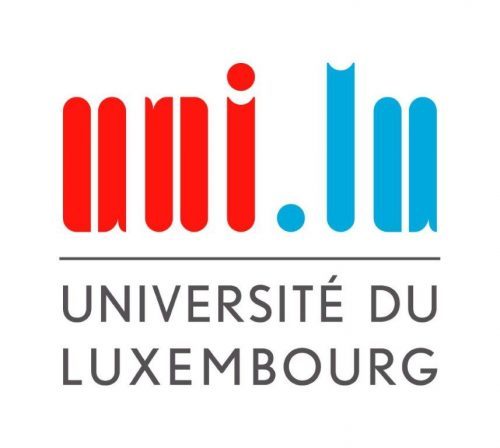
Speaker: Walter Radermacher, former Director General of EUROSTAT and Chief Statistician of the EU, now at the Sapienza University, Rome
Event date: Wednesday, 25 March 2020, 17.30-19.00
Place: Campus Kirchberg, Salle Paul Feidert (E00-D10)
6, rue Richard Coudenhove-Kalergi
L-1359 Luxembourg
The strength of the concept of sustainable development is at the same time its Achilles heel, namely its integrative view of social, economic and environmental issues and policies and, as a result, its complexity. The transition of a society from today’s way of life to a more sustainable one is a difficult manoeuvre, with politically risky change processes and transitions, at every level from the communal to the global. Which statistical information is suitable for these processes is for this reason an equally difficult endeavour, because it involves integrating the statistical-methodological aspects of quantification on the one hand and the aspects of the use and impact of indicators on the other into an overall framework. Such an approach of co-producing statistics and society is presented. Such a learning and optimisation process uses methods of modern quality management for products, because after all statistics are nothing else than that: products.
Walter J. Radermacher, PhD was Director General of Eurostat and Chief Statistician of the European Union from 2008 to 2016. He worked at Destatis, the German Federal Statistical Office, for 30 years, ultimately as its President and Federal Returning Officer. He was the first Chair of the UN Committee of Experts on Environmental-Economic Accounting (UNCEEA) from 2005 to 2008. Since 2017 he has been a Researcher at the Department of Statistical Sciences, Sapienza University of Rome, and the President of FENStatS, the Federation of European National Statistical Societies.
Lecture in the framework of the lecture series ‚Science and Citizens meet Challenges of Sustainability‘ and the ‚Certificate in Sustainability and Social Innovation‘.
